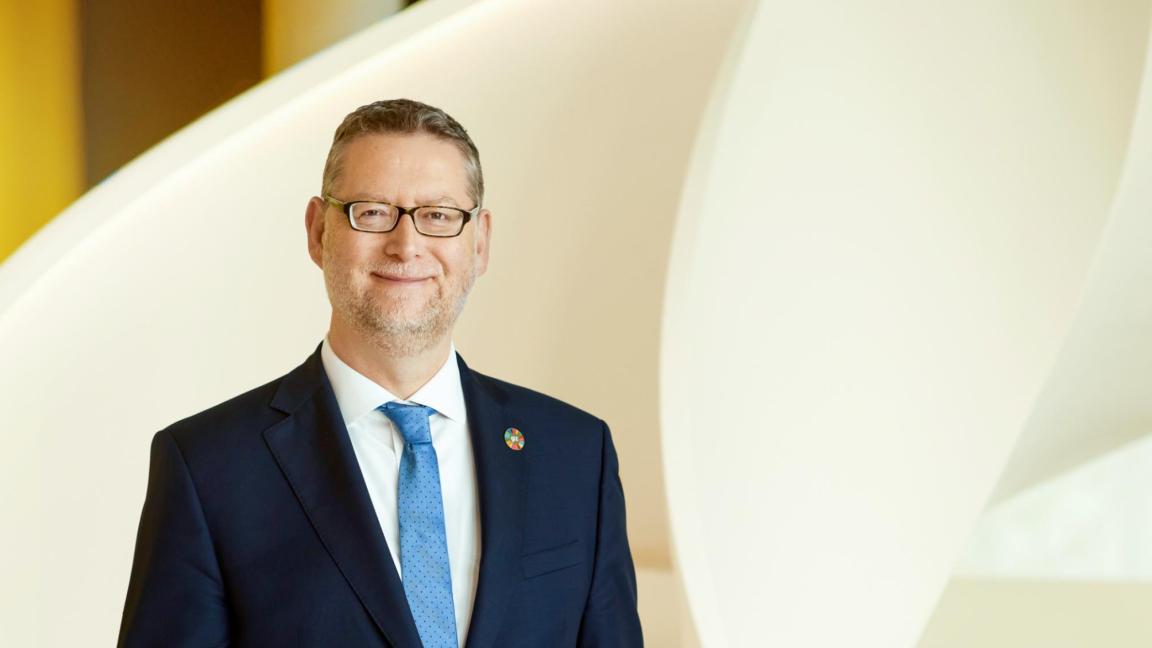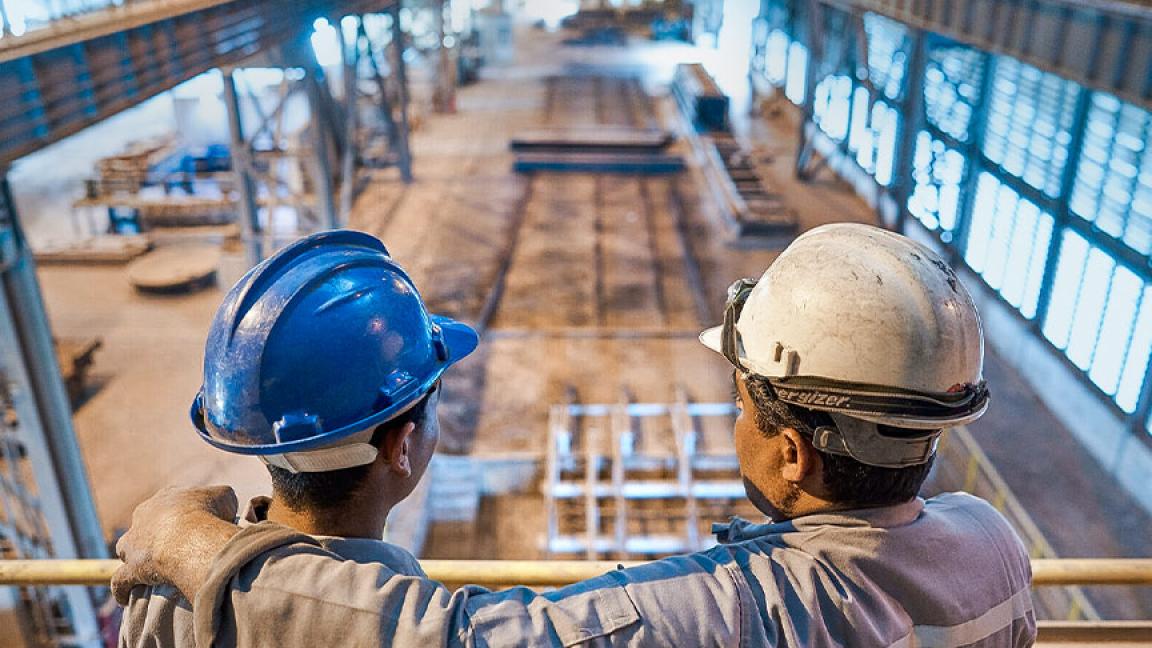The 2030 Agenda is a global pact for the future. It combines economic progress with social justice and the conservation of natural resources – without leaving anyone behind. Since 2015, the 17 Sustainable Development Goals (SDGs) and the Paris Agreement have formed the framework for Germany’s international cooperation – and thus also for GIZ’s work; all of our commissions contribute to the SDGs. Our implementation principles are directly derived from the 2030 Agenda.
Especially in times of geopolitical crises, increasing inequality and ecological tipping points, the 2030 Agenda is more relevant than ever.





